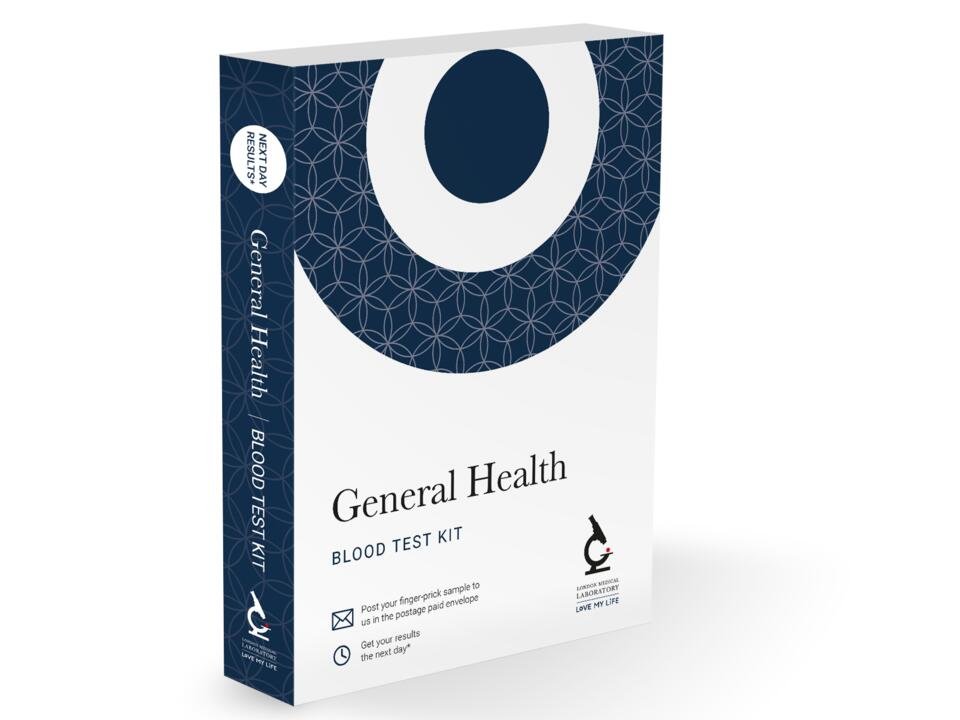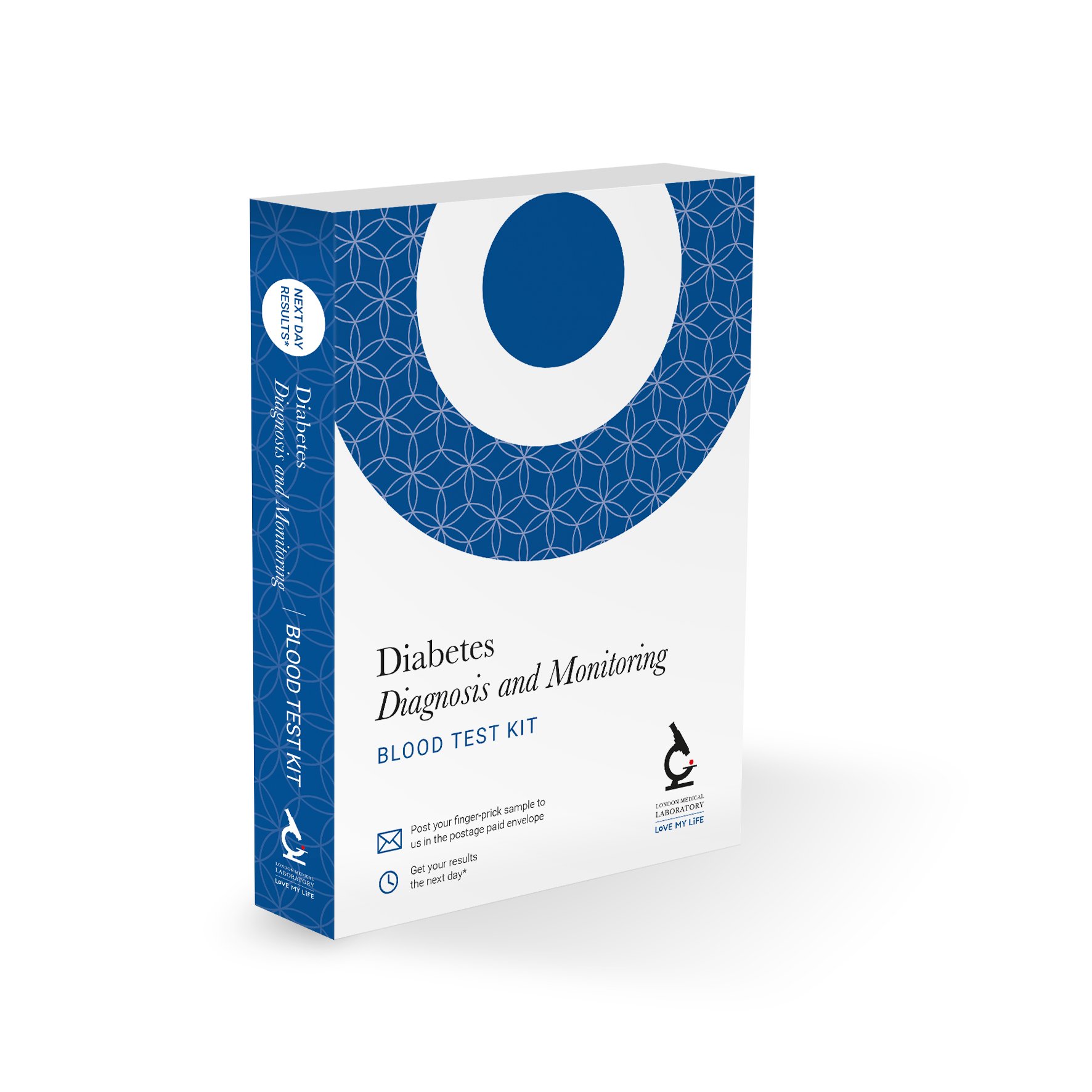What is tested?
Vitamin D
What are signs of a vitamin D deficiency?
Vitamin D, also known as the "sunshine vitamin," plays a vital role in maintaining our overall health and well-being. It helps regulate calcium and phosphorus absorption, supports immune function, and promotes bone health. However, a deficiency in vitamin D is more common than you may think. Here are some signs to watch out for that may indicate a vitamin D deficiency:
1. Fatigue and General Weakness: Feeling excessively tired or experiencing a lack of energy despite adequate rest is a common symptom of vitamin D deficiency.
2. Bone and Muscle Pain: Vitamin D is essential for maintaining healthy bones, and a deficiency can lead to bone and muscle pain. Regular unexplained bone pain, especially in the back, legs, or ribs, might be a sign of low vitamin D levels.
3. Depressed Mood or Seasonal Affective Disorder (SAD): Low vitamin D levels have been associated with symptoms of depression and mood disorders. SAD, a type of depression linked to changes in seasons, often occurs during the winter months when sunlight exposure is limited.
4. Impaired Wound Healing: Vitamin D deficiency may hinder the body's ability to heal wounds and injuries efficiently. If you notice that your wounds take longer to heal or are prone to infections, it could indicate a deficiency.
5. Hair Loss: While various factors contribute to hair loss, vitamin D deficiency could play a role. If you notice excessive hair shedding or unexplained hair thinning, it may be worth considering vitamin D levels.
6. Frequent Illness or Infections: Vitamin D plays a crucial role in supporting a healthy immune system. If you consistently experience frequent infections, colds, or flu-like symptoms, it could indicate a deficiency in this vitamin.
7. Bone Loss or Osteoporosis: Vitamin D is essential for maintaining bone density and preventing osteoporosis. If you have a higher risk of fractures or have been diagnosed with osteoporosis at a younger age, it may be wise to get your vitamin D levels checked.
8. Muscle Weakness: Vitamin D is involved in muscle tissue function, and a deficiency can lead to muscle weakness, aches, or difficulty in maintaining balance.
9. Impaired Cognitive Function: Vitamin D receptors are present in areas of the brain involved in cognitive function. While the association is still being researched, some studies suggest that low vitamin D levels could be linked to impaired cognitive function and an increased risk of developing certain neurodegenerative diseases.
10. Low Mood or Reduced Libido: Vitamin D deficiencies have been associated with low mood and reduced libido. If you're experiencing a diminished interest in activities you once enjoyed or a decreased sex drive, it may be worth considering vitamin D levels as part of the assessment.
It is important to note that these signs and symptoms alone do not definitively diagnose a vitamin D deficiency. If you suspect a deficiency, it is crucial to consult a healthcare professional who can perform the necessary tests and provide appropriate guidance for supplementation or lifestyle changes.
How does this test work?
This home test kit requires a blood sample from the tip of your finger, and a urine sample. Everything you need is included in this kit.
Step 1: Open your test kit and read the instructions.
Step 2: Prepare your finger using the antibacterial wipe provided. Press the lancet firmly against the skin.
Step 3: Fill the sample collection tube up to the required line. Seal the container when finished
Step 4: Package the blood sample and ensure you seal the bag. Post the sample using the prepaid envelope.
Step 5: Await results!
How soon do I receive results?
You will receive your results within 3-5 days. Often times this is sooner, as the laboratory processes results within 24 hours of receiving them.







